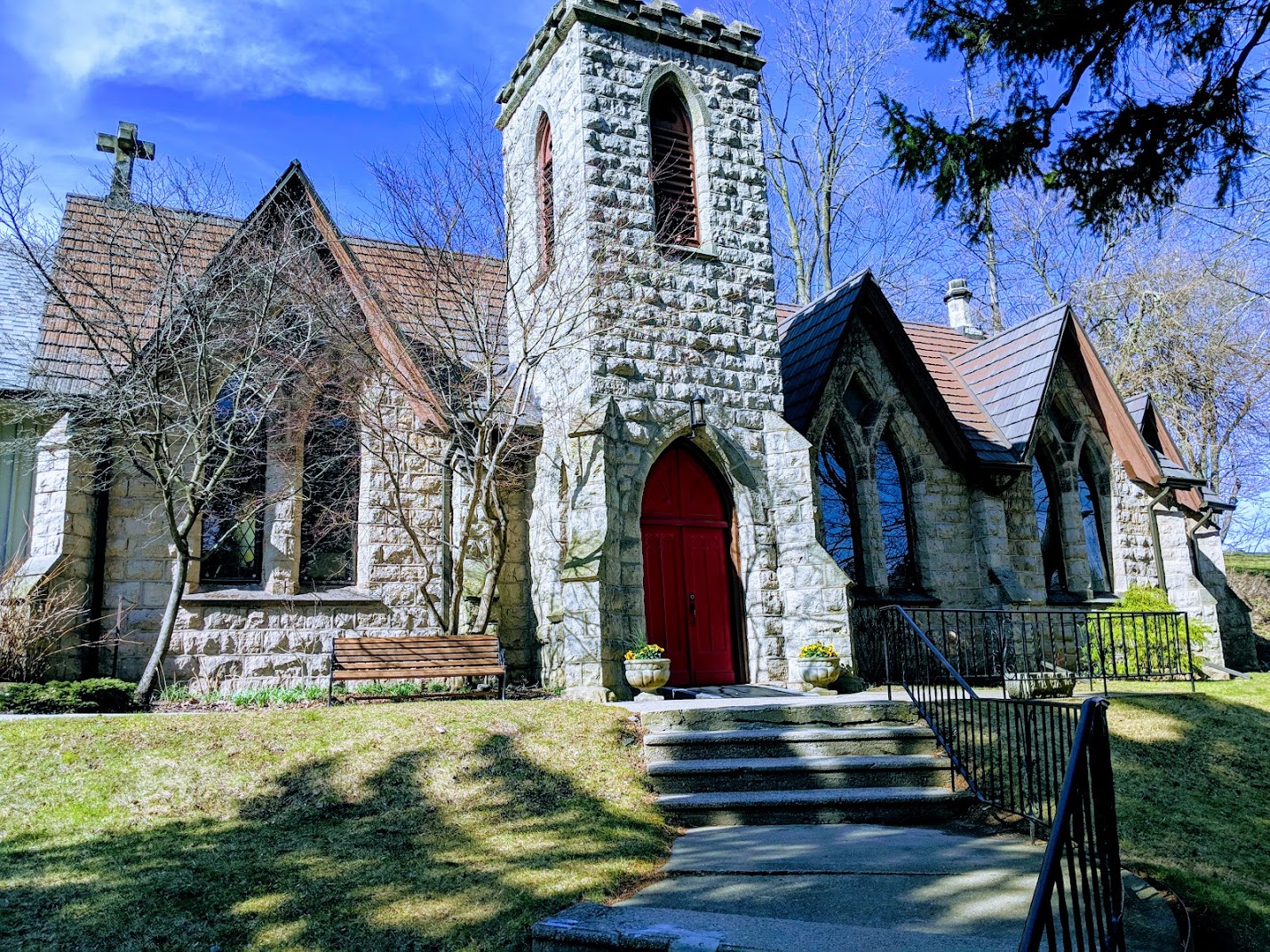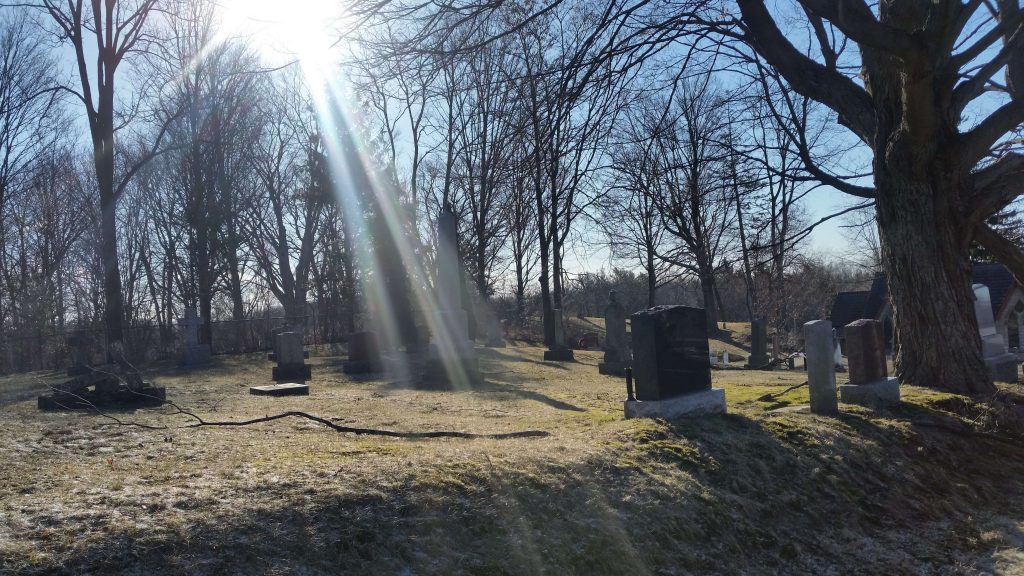WE WILL HOST OUR LAST PLAYGROUP ON WEDNESDAY MAY 29TH.
LOOK FOR OUR RESTART DATE , WEDNESDAY SEPTEMBER 18TH @ 9:30

Open Minds. Open Hearts. Open Doors.
WE WILL HOST OUR LAST PLAYGROUP ON WEDNESDAY MAY 29TH.
LOOK FOR OUR RESTART DATE , WEDNESDAY SEPTEMBER 18TH @ 9:30
SAVE THE DATES…….
OUR SCATTERING GARDEN
